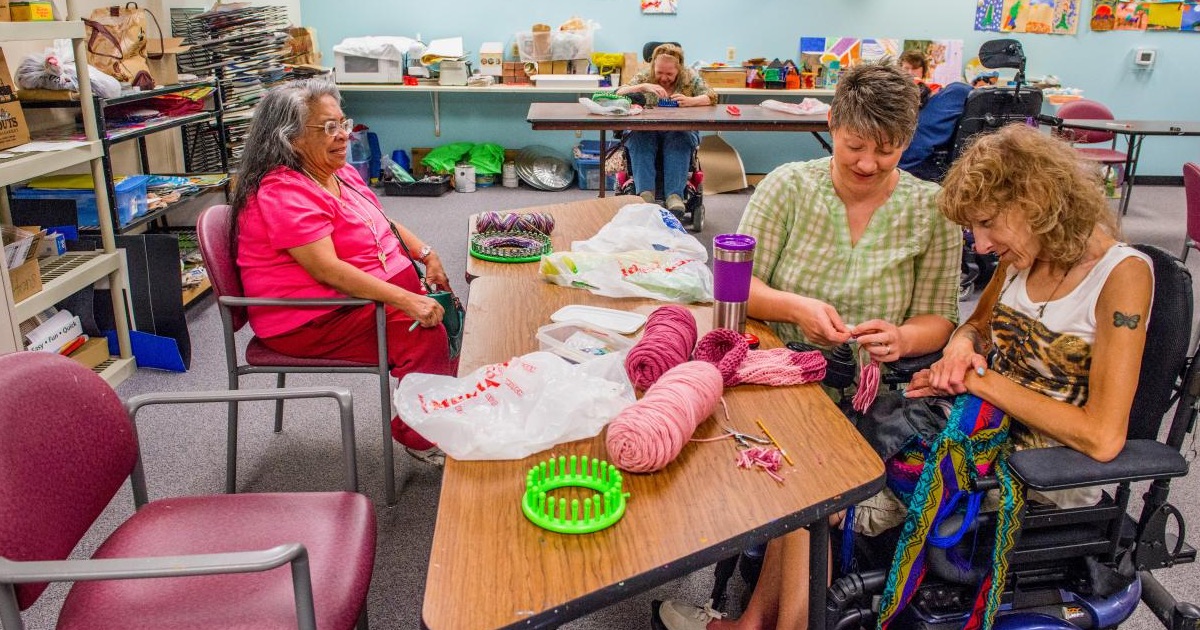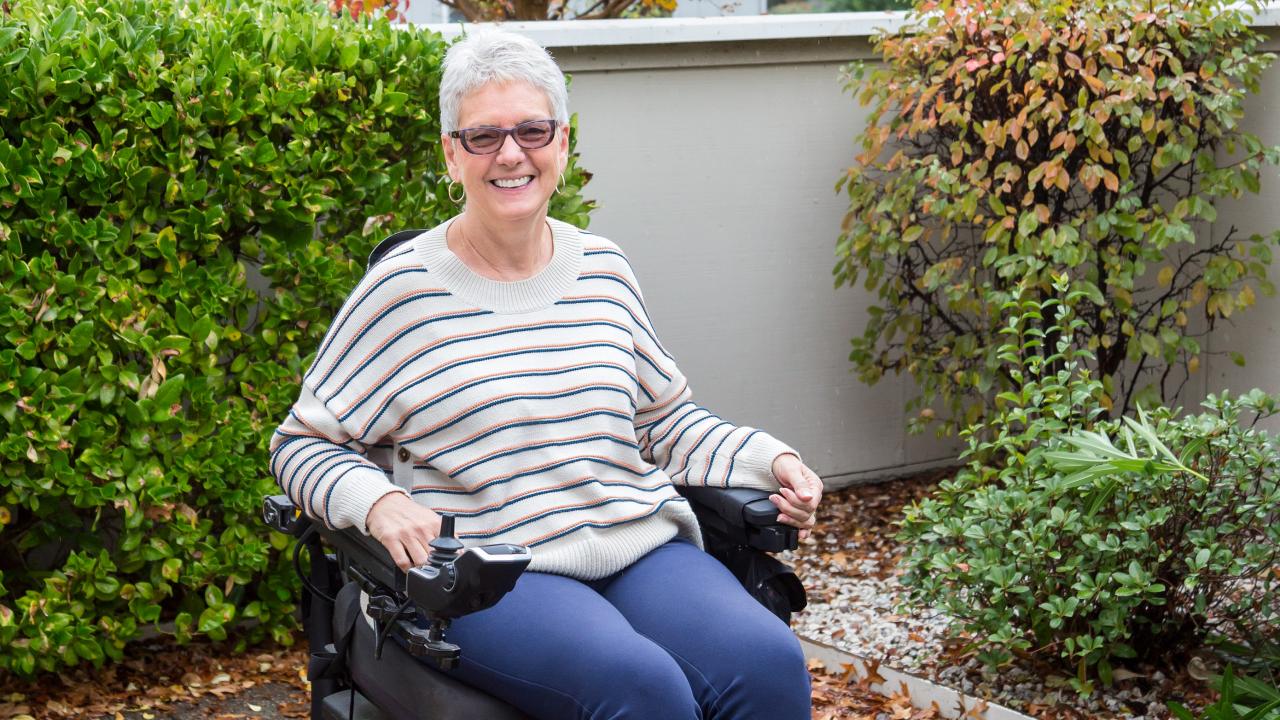 Tristan Ben Mahjoub/PhotoSpin
Tristan Ben Mahjoub/PhotoSpin
Multiple sclerosis is an autoimmune condition where the myelin of the central nervous system is destroyed by the immune system. MS is unpredictable. Living with multiple sclerosis means constantly living with the possibility of symptoms flaring up, often without warning.
Cognitive skills can take a drubbing when flareups of symptoms occur. Short-term memory can take a dive. You forget names, appointments, things that are normally simple become too difficult to wade through.
Concentration becomes foggy, and you may be all too easily distracted and derailed. Continuity suffers and things become fragmented. Solving problems, making plans, and taking initiative, are no longer normal parts of day-to-day life when MS symptoms are bad. Instead they may be overwhelming and impossible.
According to MSfocus.org, conceptual reasoning, recent memory, sustained attention, verbal fluency, and visual-spatial perception are most often impaired functions for those with MS. Immediate memory, remote memory and language are less frequently affected.
1) Break things down.
Healthy people don't notice the complexity in much of everyday life. But people dealing with cognitive problems become intensely aware of the multiple levels of many mundane tasks. Learning to break tasks down into smaller, more manageable steps may get you all the way from Point A to Point B, and maybe even beyond.
2) Rest when you need to — and before you need to.
Knowing when to take breaks and stop everything for a rest can also mean the difference between getting something accomplished, or nothing.
It may not seem fair that the person with cognitive impairment is also the one who needs to be continually monitoring their cognitive levels, and adjusting their expectations and activity accordingly. But doing so can make the difference between a good day and a bad one.
3) Surround yourself with people who understand.
Take every opportunity to explain what things are like for you, and don't be reluctant to speak loudly and clearly when you need something from others. Don't spend any more time than you can help with people who are dismissive or insensitive to your special needs.
4) Know your health insurance.
Cognitive difficulties can make looking into this type of thing difficult to do but you don't want to leave things to chance, and it's better to know your parameters than to worry about them. Here is a perfect example of breaking things down. If you can only concentrate for 10 minutes at a time then stick to that and do your research in 10-minute increments over a period of days, weeks, or as long as it takes.
5) Know your bank account.
If you need help in making a complete assessment of your financial situation, get it. See an accountant or financial advisor if that seems appropriate. Having trouble comprehending the picture? Take a trusted friend to meetings, to fill in any blanks if your mind suddenly clouds up, and to remember what happened at the appointment and what you're supposed to do about it all.
6) Get your house in order.
If it isn't, can renovations be made? Maybe you need wheelchair access, or ramps. Maybe you need a chair to sit in while working in the kitchen. Think about what you need not just on good days but also on bad days, and get your house in order.
7) Be near the things you need.
Having a house that's laid out well for you is little help if you live too far away from the things you need in your community. If you're out in the country, do you have ways of getting into town or getting what you need delivered? Do you have willing chauffeurs? Are cabs affordable?
If your location isn't workable, you may want to think about moving. Moving is never easy and it is harder still for those who live with MS. But if you can't manage from where you are, it's time for a change.
8) Staying on the job ... or not.
Many people with MS are able to keep working at the same place. Others may need to look for work that is less physical, or less mentally demanding. And others will need to face the fact that working as they have been is no longer feasible. Maybe a change to part time is in order. Or maybe it is time to leave the working world and concentrate on your health.
9) Build a wider support system.
If you have friends and family members that are supportive and helpful, that is wonderful. Even so, be open to the idea of seeking out support from as many arenas as possible. And if you don't have such a crew, support groups online and in person can be very valuable, in terms of emotional support and practical suggestions for daily life.
10) Guard that precious energy.
Running out of energy is problematic for anyone, but for the person with MS, energy supplies must be carefully protected. That's not weakness. That's being realistic about challenges you face, and taking steps to be as strong as you can be.
Reviewed March 27, 2015
by Michele Blacksberg RN
Sources updated March 27, 2019:
Multiple Sclerosis: Pathogenesis, Symptoms, Diagnoses and Cell-Based Therapy. US National Library of Medicine
National Institutes of Health. Retrieved March 27, 2019.
https://www.ncbi.nlm.nih.gov/pmc/articles/PMC5241505/
Cognitive Changes. National Multiple Sclerosis Society. Retrieved March 27, 2019.
https://www.nationalmssociety.org/Symptoms-Diagnosis/MS-Symptoms/Cogniti...
8 Ways to Live Better With MS. WebMD. Retrieved March 26, 2015.
http://www.webmd.com/multiple-sclerosis/features/live-better-with-ms
Visit Jody's website at http://www.ncubator.ca





Add a CommentComments
There are no comments yet. Be the first one and get the conversation started!